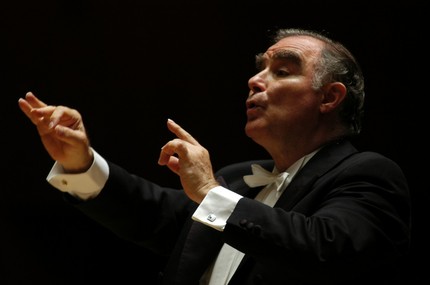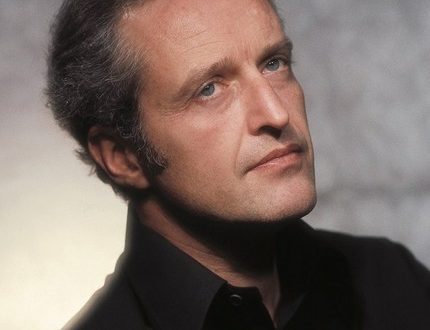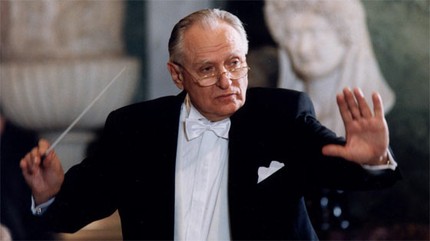
Roberto Benzi |
Roberto Benzi

Huge world fame came to Roberto Benzi very early – much earlier than most of his illustrious colleagues. And brought her cinema. In 1949 and 1952, the young musician starred in two musical films, Prelude to Glory and Call of Destiny, after which he immediately became the idol of tens of thousands of people in all corners of the globe. True, by this time he was already known, using the reputation of a child prodigy. From the age of four, Roberto played the piano well, and at ten he first stood at the podium of one of the best French orchestras in Paris. The boy’s phenomenal talent, absolute pitch, impeccable memory, and musicality attracted the attention of A. Kluytens, who gave him lessons in conducting. Well, after the release of the first of the films of the Philharmonic Society of France, and then other countries vying with each other, they invite him on tour …
And yet there were negative sides to this cinematic glory. As an adult, Benzi seemed to have to justify the advance he received as a film prodigy. A difficult stage in the formation of an artist began. Understanding the complexity and responsibility of his task, the artist worked hard to improve his skills and expand his repertoire. Along the way, he graduated from the philological faculty of the University of Paris.
From the young artist gradually stopped waiting for sensations. And he justified the hopes placed on him. Benzi still conquered with musicality, artistic freedom, flexibility, excellent ability to listen to an orchestra and extract the maximum sound colors from it. The artist is especially strong in program music, in such works as Respighi’s Pines of Rome, Debussy’s The Sea and Afternoon of a Faun, Duke’s The Sorcerer’s Apprentice, Ravel’s Spanish Rhapsody, Saint-Saens’ Carnival of the Animals. The ability to make the musical image visible, to emphasize the characteristic, to reveal the subtle details of the orchestration is fully inherent in the conductor. This is also evident in his interpretation of Russian music, where Benzi is also attracted primarily by colorful sound pictures – for example, Lyadov’s miniatures or Mussorgsky’s Pictures at an Exhibition.
He includes in his repertoire the symphonies of Haydn and Frank, Hindemith’s Mathis the Painter. Among the undoubted successes of R. Benzi, critics include the musical direction of the production of “Carmen” at the Parisian theater “Grand Opera” (1960).
“Contemporary Conductors”, M. 1969.





